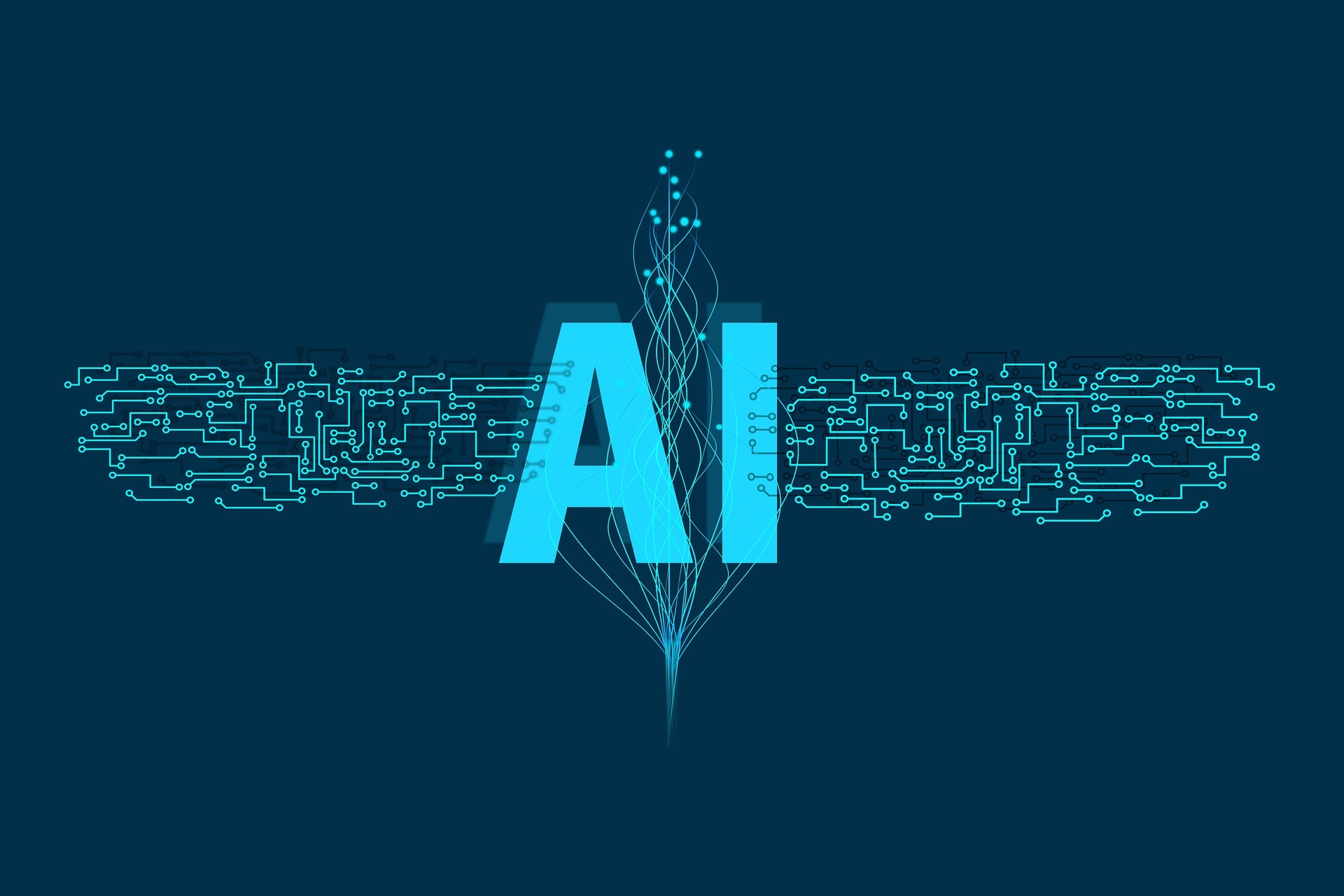Artificial intelligence and machine learning are becoming significant tools in the content marketing playbook, according to experts.
Machine learning is a type of artificial intelligence that learns from data to make predictions. This technology has been around for decades, and is used in a range of industries.
Now, more marketers are beginning to implement this tool to craft better content for their audiences.
Two of the most popular uses for AI in content marketing are for sentiment analysis and predictive analysis, experts say.
Sentiment analysis can be used to dive into the moods of readers to help create specific content to fit those moods.
Predictive analysis can help marketers predict what their readers want during certain times of the day, days of the week, and other future outcomes.
According to experts, predictive analysis can be helpful to determine the most relevant topics for an audience, as well as give customer service a boost by understanding their behaviors and needs before they even make contact.
But is artificial intelligence smart enough to craft the content itself?
The Associated Press has used AI to write basic articles since 2014, but experts say the difference for content marketing is that these tools are becoming more affordable and more widely available.
Experts point to a popular tool, Grammarly, as a legitimate assistant in helping with grammar mistakes and usage errors. There’s a free and paid version of this tool.
More robust platforms exist that are able to target messages to specific audiences. Persado, for example, can use emotional appeal and call-to-action components, experts say.
However, marketing experts say it’s important to understand the strengths and weaknesses of these types of tools.
AI is a powerful assistant that can help marketers quickly solve problems, predict the future, understand the audience better, and generate content ideas to spark creativity, experts say.
In return, better content will be more likely to boost conversions and return on investment.
But many available tools leave gaps in content due to AI bias, experts say, and lack the empathy to create content with a personal, human touch that builds a connection with an audience.
Marketing statistics show that more people today are craving genuine content and interactions from their favorite brands.
The bottom line, experts say, is that AI is currently best used as a content marketing partner to help keep content ideas relevant and constantly flowing — not as a replacement for the human voice of a brand.

